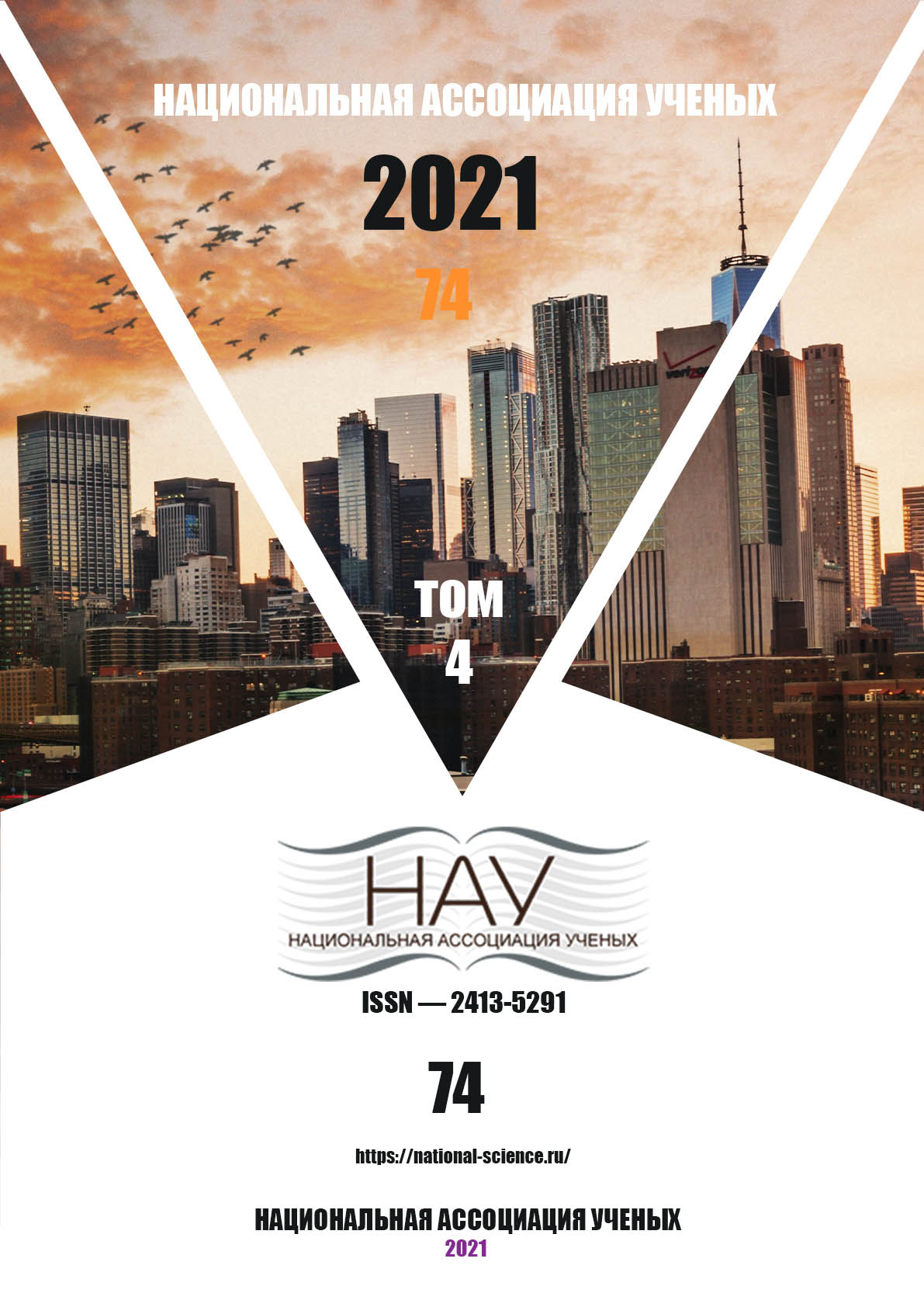"BLENDED LEARNING" - A MODERN APPROACH TO TEACHING IN MEDICAL EDUCATION
Keywords:
innovative pedagogical technology, “Blended learning”, “Flipped classroom”, independent work of a medical studentAbstract
The article notes that the preparation of a professionally competent and mobile graduate is currently impossible without the use of modern innovative pedagogical technologies. “Blended learning” includes, along with modern traditional teaching, distance learning, one of the varieties of which is the method of pedagogical technology “Flipped classroom” has shown that this technology, when compared with traditional methods, is the most effective, objective and serves to expand knowledge a medical student not only within the boundaries of one taught subject, but also makes him acquire the skills of teamwork, self-control and self-education; in addition, a medical student will learn to make decisions in a particular situation, to work independently.
References
Gosudarstvennye obrazovatel'nye standarty nepreryvnogo obrazovanija Uzbekistana. Tashkent. 2016 g.
Kulakova, E.N. Onlajn-kurs v vysshem medicinskom obrazovanii: jelektronnoe obuchenie ili vneauditornaja samostojatel'naja rabota / E.N. Kulakova, T.L. Nastausheva, G.G. Volosovec // Medicinskoe obrazovanie i professional'noe razvitie. – 2014. - №3. – S. 87-89.
Musaeva D.M., Sharipova O.Z. Jeffektivnaja integracija innovacionnyh i Tret'ej mezhdunarodnoj uchebnoj onlajn konferencii “Sovremennoe sostojanie medicinskogo obrazovanija: problemy i perspektivy” Buhara. 12-maja 2020. S.64-67.
N.V.Tihonova. Tehnologija «Perevernutyj klass v VUZe:potencial i problemy vnedrenija // kazanskij pedagogicheskij zhurnal. 2018. - № 2. – S. 74-78.
Downloads
Published
Issue
Section
License

This work is licensed under a Creative Commons Attribution-NoDerivatives 4.0 International License.
CC BY-ND
A work licensed in this way allows the following:
1. The freedom to use and perform the work: The licensee must be allowed to make any use, private or public, of the work.
2. The freedom to study the work and apply the information: The licensee must be allowed to examine the work and to use the knowledge gained from the work in any way. The license may not, for example, restrict "reverse engineering."
2. The freedom to redistribute copies: Copies may be sold, swapped or given away for free, in the same form as the original.





